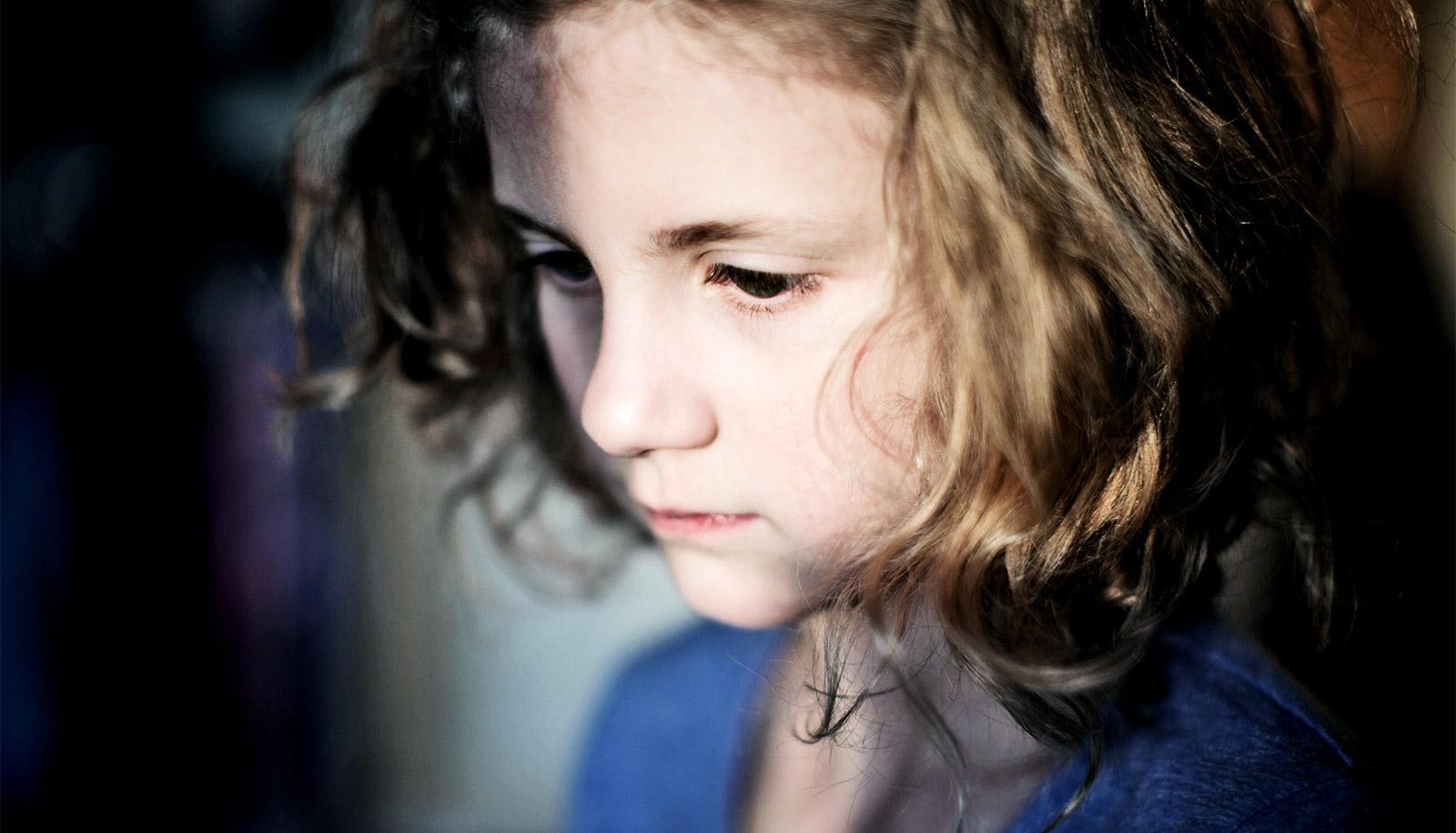Brain scans can flag kids at risk for later depression

Early brain scans can predict whether a child is susceptible to mental health or attention problems down the road, according to new research.
“We found a signature of brain function in childhood that helps to predict changes in mood symptoms over four years, and another one that helps to predict changes in attention,” says senior author Silvia Bunge, a professor of psychology and a member of the Helen Wills Neuroscience Institute at the University of California, Berkeley.
The findings pave the way for early interventions—from cognitive behavior therapy to exercise or mindfulness regimens—that could mitigate or slow the advancement of certain neurodevelopmental disorders.
“Psychiatric diagnoses are often done late, in response to crisis, and treated reactively instead of preventively,” says lead author Susan Whitfield-Gabrieli, a psychology professor now at Northeastern University. “This study could have great clinical implications.”
Researchers used functional magnetic resonance imaging (fMRI) to analyze brain data from 94 children over the course of four years, starting at age 7, and identified biomarkers for symptoms of depression, anxiety, and attention deficit disorder that emerged in adolescence.
In children with mood disorders, they found weak connectivity between a control region in the prefrontal cortex and the subgenual anterior cingulate cortex. Meanwhile, in children with attention disorders, they found an overly strong connection between that same prefrontal cortex region and the medial prefrontal cortex.
While brain scans are not yet available to screen for psychiatric vulnerabilities, Bunge is optimistic that they will eventually play a key role in the early detection of mental health disorders.
“It is our hope that one day, in the not-too-distant future, brain scans of children who are beginning to exhibit mental health issues could help inform their treatment plan, alongside a clinical workup,” she says.
The paper appears in JAMA Psychiatry.
Additional coauthors are from UC Berkeley, Northeastern University, Vanderbilt University, MIT, McGill University, Massachusetts General Hospital, and Harvard University.
Source: UC Berkeley
The post Brain scans can flag kids at risk for later depression appeared first on Futurity.
